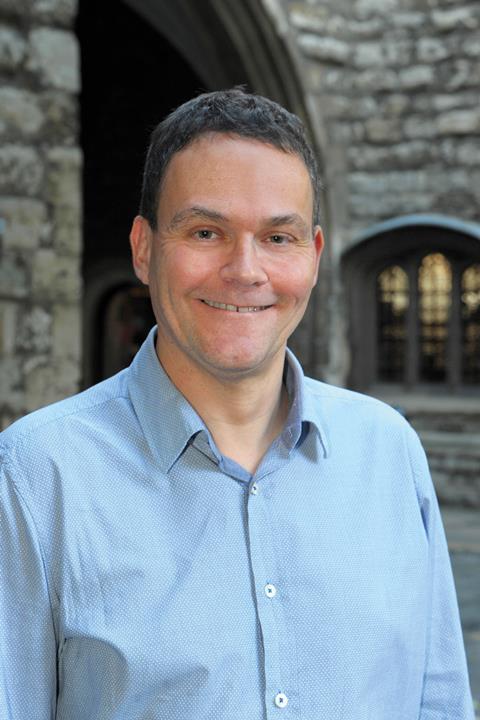Who? Stephen Jones, clinical negligence partner at Leigh Day, Manchester.

Why is he in the news? Represented the family of Beth Matthews, 26, who died on 21 March 2022. A jury at the inquest into her death reached a conclusion of suicide contributed to by neglect.
Thoughts on the case: ‘Beth was a hugely talented 26-year-old with a long history of mental health problems which had led to her jumping from a bridge in April 2019, sustaining multiple injuries as a result. She continued to suffer and in November 2021 was transferred to the Priory, Cheadle Royal for specialist therapy. Her care plan clearly stated that staff would open parcels for her: this was due to the risk of her secreting items with a view to attempting to take her own life. Tragically, that plan was not followed and in March 2022 she opened a parcel containing a poisonous substance she had purchased. She ingested the substance and this led to her death. The Priory ultimately conceded that had the care plan been followed, Beth would not have died. The inquest jury reached a conclusion of suicide contributed to by neglect. Neglect is very narrowly defined in the coroner’s court but the jury quite rightly felt that it had been made out.’
A hospital spokesperson said: ‘We fully accepted the jury’s findings and acknowledge that far greater attention should have been given to Beth’s care plan. At the time of Beth’s unexpected death, we took immediate steps to address the issues around how we document risk and communicate patients’ care plans, alongside our processes for receiving and opening post.’
Dealing with the media: ‘After her jump in 2019, Beth began a blog – “Life Beyond The Ledge” – and attracted a huge social media following. Beth was an inspiration to many with mental health problems and after the inquest the BBC showed a documentary about her legacy, entitled “The Lives She Saved”. It is a tremendous piece of work and a fitting tribute to Beth. Leigh Day had worked with the BBC journalists before, and there was a good deal of trust on both sides.’
Why become a lawyer? ‘I’ve always thought it crucial to shine a light on injustice and highlight areas where people have been let down.’
Career high: ‘I’m probably most proud of my work as solicitor to the Alder Hey Inquiry which reported in 2001.’
Career low: ‘One inquest stands out: the way the bereaved family were treated made me feel I no longer wanted to play any part in the coronial system. Thankfully, that was not the case in Beth’s inquest.’































No comments yet